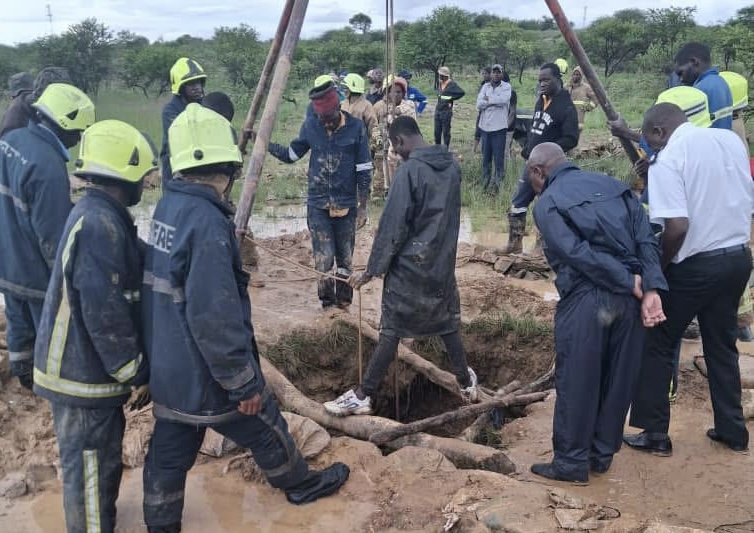BY STAFF REPORTER
Erik ten Hag has been sacked as Manchester United manager.
United’s new ownership have made the move after a poor start to the season, which continued at West Ham on Sunday when they slipped to their fourth Premier League defeat of the campaign.
They sit in 14th place and have won only one of their last eight games in all competitions.
Here, the PA news agency looks at five games that counted against the former Ajax boss in his final 12 months in charge.
A 2-1 win over Chelsea in early December was arguably United’s best performance of the season to that point and should have been something to build on.
Instead, just three days later they were embarrassed by Andoni Iraola’s Cherries as Bournemouth enjoyed a first victory at Old Trafford – and in some style.
Dominic Solanke opened the scoring five minutes in and then hit a post before further goals from Philip Billing and Marcos Senesi led to boos from many of the United fans that stuck around until the end.
Manchester United 1 Fulham 2 – Premier League, February 24, 2024
Confirmation of Sir Jim Ratcliffe’s investment into United, and the overhaul of football operations it would bring, had brought a sense of optimism to Old Trafford.
But it took only a few days for United to puncture it with yet another home defeat.
Harry Maguire thought he had earned a point with an 89th-minute equaliser only for United to switch off and allow Alex Iwobi to strike a dramatic stoppage-time winner.
Coventry 3 Manchester United 3 (United won 4-2 on penalties) – FA Cup, April 21, 2024
Even in victory there were alarm bells ringing at Wembley as United reached a second successive FA Cup final.
United were firm favourites against Championship opposition and duly took a 3-0 lead, apparently cruising to victory.
But Coventry scored three goals in the last 20 minutes to force extra-time and even thought they had won it through Victor Torp in the last minute of that period before VAR intervened with an offside decision.
United came through the penalty shoot-out but it was a victory without much honour.
Crystal Palace 4 Man Utd 0 – Premier League, May 6, 2024
Perhaps United’s worst day of the season came at Selhurst Park as Palace completed their maiden Premier League double over the Red Devils.
Michael Olise scored twice as Palace overwhelmed a patched-up United defence manned by Jonny Evans and Casemiro.
Defeat left United with only two wins from 10 league games, a run which would ultimately cost them any chance of finishing in the European places.
Man Utd 0 Tottenham 3 – Premier League, September 29, 2024
United had been swept aside by bitter rivals Liverpool and dropped points in the Europa League against lowly-ranked Dutch side FC Twente in their two previous games at Old Trafford.
The mood worsened within three minutes of the Premier League clash with Tottenham as centre-back Micky van de Ven dribbled 70 yards through the heart of the United team before crossing for Brennan Johnson to open the scoring.
United captain Bruno Fernandes then saw red before the interval, after which further goals from Dejan Kulusevski and Solanke were the least Spurs deserved in a dominant display as the pressure on Ten Hag intensified.
SOURCE: INDEPENDENT (UK)

 Slider3 years ago
Slider3 years ago
 National4 years ago
National4 years ago
 Tourism and Environment4 years ago
Tourism and Environment4 years ago
 Opinion4 years ago
Opinion4 years ago
 Special reports4 years ago
Special reports4 years ago
 National4 years ago
National4 years ago
 National3 years ago
National3 years ago
 National3 years ago
National3 years ago


